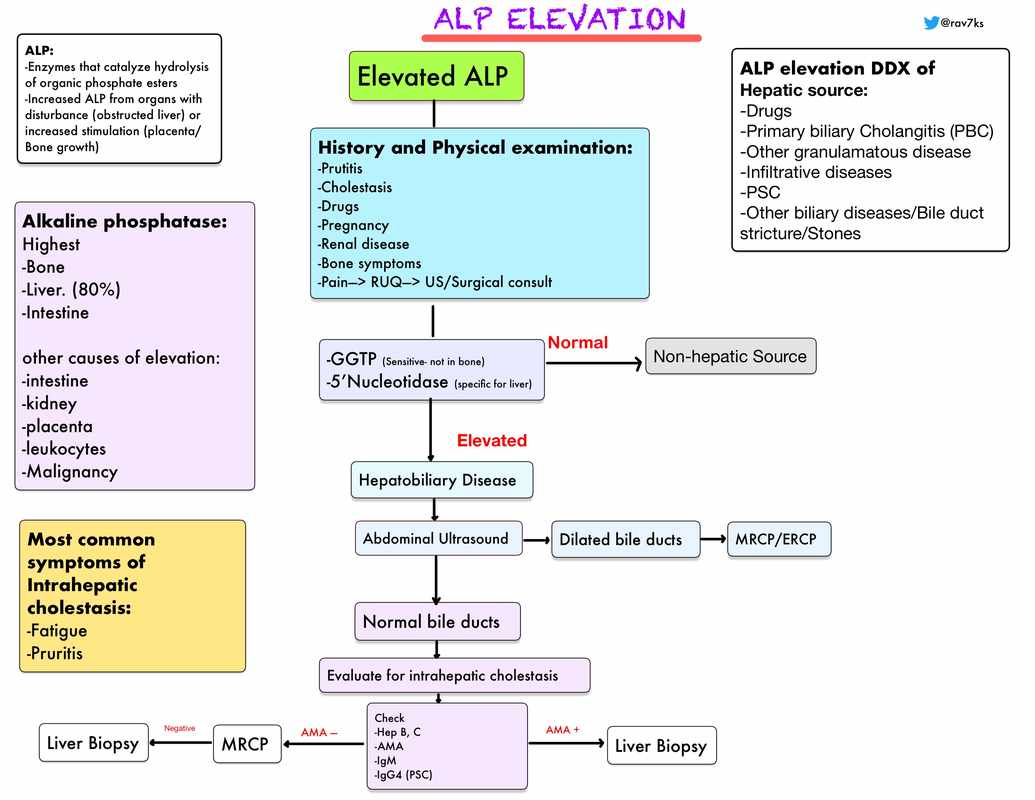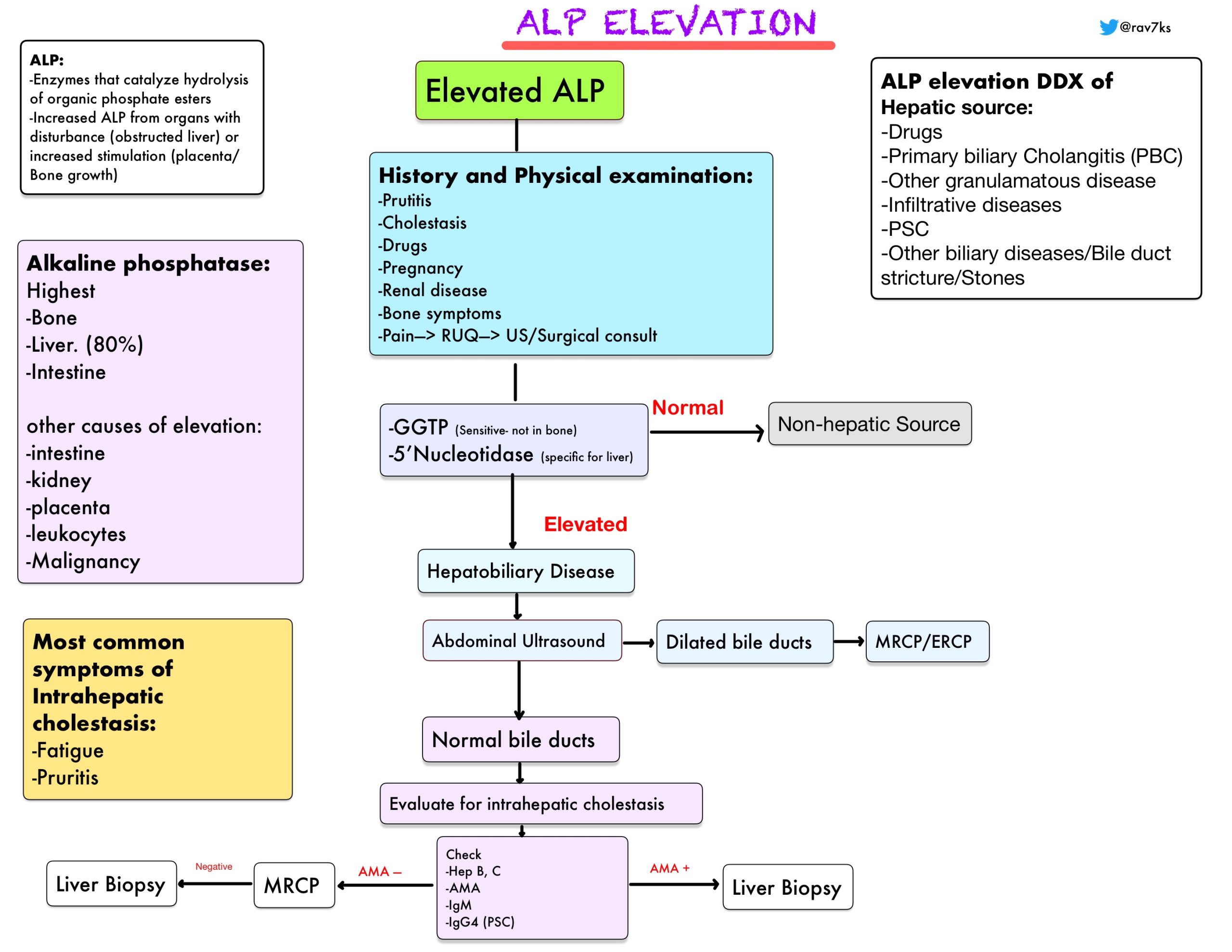The Mystifying Case of High Alkaline Phosphatase: Uncovering the Causes
In the realm of medical testing, there are few results that can spark as much concern and curiosity as a high alkaline phosphatase (ALP) reading. As a crucial enzyme in bone metabolism, elevated levels of ALP can be an indicator of underlying conditions that require prompt attention.
What is Alkaline Phosphatase?
Before diving into the causes of high ALP, it’s essential to understand what this enzyme does. Alkaline phosphatase is a protein that plays a vital role in bone development and growth. It helps regulate calcium levels by breaking down phosphate-containing compounds, thereby maintaining a delicate balance in the body.
Why Does High Alkaline Phosphatase Matter?
Elevated ALP levels can be an early warning sign for various health issues, ranging from mild to severe. Ignoring these signs can lead to complications and even long-term damage if left untreated. In this blog post, we’ll explore the most common causes of high alkaline phosphatase, helping you better understand what’s behind the elevated reading.
Causes of High Alkaline Phosphatase: A Closer Look
The first and most significant cause of high ALP is bone disease or disorders. Certain conditions, such as osteoblastic bone cancer, Paget’s disease, or rickets, can lead to an overproduction of this enzyme.

Causes of High Alkaline Phosphatase: A Closer Look
The first and most significant cause of high ALP is bone disease or disorders. Certain conditions, such as osteoblastic bone cancer, Paget’s disease, or rickets, can lead to an overproduction of this enzyme.
Another common cause of high ALP is liver disease or damage. When the liver is not functioning properly, it can’t effectively regulate phosphate levels in the blood, leading to elevated ALP levels. This can be due to conditions such as cirrhosis, hepatitis, or fatty liver disease (1).
Elevated ALP levels can also be caused by kidney problems. In cases where the kidneys are not functioning properly, they may not effectively remove excess phosphate from the blood, leading to increased ALP production.
Other causes of high ALP include:
- Hyperparathyroidism: an overactive parathyroid gland can lead to an increase in bone resorption and subsequent elevation in ALP levels (2).
- Thyroid disorders: conditions such as hyperthyroidism or hypothyroidism can also contribute to high ALP levels.
- Pregnancy-related issues: certain complications during pregnancy, such as preeclampsia or placental insufficiency, can lead to increased ALP production.
- Medications and supplements: certain medications or supplements, such as methotrexate or vitamin D analogues, can cause an increase in ALP levels (3).
In some cases, high ALP levels may be caused by non-medical factors, such as:
- Dietary habits: consuming a diet rich in phosphate-containing foods, such as dairy products or processed meats, can contribute to increased ALP levels.
- Environmental toxins: exposure to certain environmental toxins, such as heavy metals, can also lead to high ALP production (4).
In conclusion, there are numerous factors that can contribute to high alkaline phosphatase levels. By understanding the potential causes of elevated ALP, individuals can take steps towards identifying and addressing any underlying health issues.
Get Expert Medical Guidance
Consult with a medical professional to understand the causes of high alkaline phosphatase and how it can impact your overall health.
Consult a Medical ExpertThe Mystifying Case of High Alkaline Phosphatase: Uncovering the Causes
In the realm of medical testing, there are few results that can spark as much concern and curiosity as a high alkaline phosphatase (ALP) reading. As a crucial enzyme in bone metabolism, elevated levels of ALP can be an indicator of underlying conditions that require prompt attention.
What is Alkaline Phosphatase?
Before diving into the causes of high ALP, it’s essential to understand what this enzyme does. Alkaline phosphatase is a protein that plays a vital role in bone development and growth. It helps regulate calcium levels by breaking down phosphate-containing compounds, thereby maintaining a delicate balance in the body.
Why Does High Alkaline Phosphatase Matter?
Elevated ALP levels can be an early warning sign for various health issues, ranging from mild to severe. Ignoring these signs can lead to complications and even long-term damage if left untreated. In this blog post, we’ll explore the most common causes of high alkaline phosphatase, helping you better understand what’s behind the elevated reading.
Causes of High Alkaline Phosphatase: A Closer Look
The first and most significant cause of high ALP is bone disease or disorders. Certain conditions, such as osteoblastic bone cancer, Paget’s disease, or rickets, can lead to an overproduction of this enzyme.
Other Causes to Consider
In addition to bone diseases, other possible causes of high ALP include:
- Liver dysfunction or liver disease, such as cirrhosis or hepatitis
- Kidney stones or kidney failure
- Hyperparathyroidism (an overactive thyroid gland)
- Hormonal imbalances, including hypoparathyroidism (underactive thyroid gland) and hyperthyroidism (overactive thyroid gland)
Conclusion
In conclusion, a high alkaline phosphatase reading is not something to be taken lightly. It’s essential to understand the underlying causes of this enzyme’s elevation and address them promptly to avoid potential complications. By being aware of these possible causes, you can take control of your health and work with your healthcare provider to develop a plan for managing your condition.
Remember, knowledge is power. Stay informed, stay vigilant, and prioritize your well-being. A high ALP reading doesn’t have to be a mystery – with the right information and support, you can uncover the truth behind your elevated results and take steps towards a healthier tomorrow.
Non-itchy rash on back and chest: Ever experienced a mysterious rash that just won’t go away? Learn how to identify and treat non-itchy rashes on your back and chest, and get the relief you deserve!
The average resting heart rate for teenage girl: Ever wondered what a normal resting heart rate is? Find out how it affects your overall health and get tips on how to keep your heart healthy as a teenage girl!



